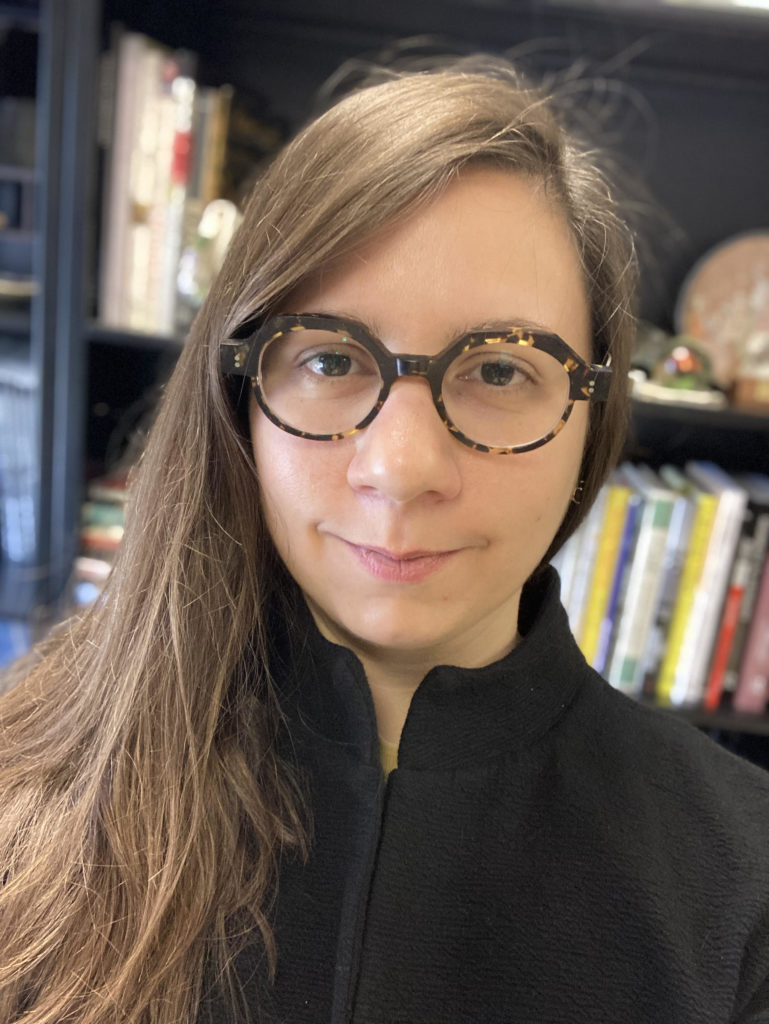For about 12 years, historian Dr. Nicole Belolan has been studying material culture, or the objects people used to live with and manage physical disability in 18th- and 19th-century America.
Belolan will give a talk on “Disabilities Then and Now” at the Cherry Hill library from 7 to 8 p.m. Monday and offer a closer look at how people with disabilities once lived. Her lecture will feature artifacts like a 19th-century child’s wheelchair and pictures from that time period.
“The point of the talk is to talk about disability in early America, to get people to think about ways to include disabled people in public life today,” the historian explained. “The reason I like to talk about disability in early America is because most people assume that disabled people in this time period were shut away, but in fact, they were really well integrated into everyday life.”
Belolan began researching disability because of her interest in artifacts and museums. She examined the kinds of objects used by the disabled in the 1700 and 1800s, such as adult cradles that helped the bedridden easily move throughout a house. While it was common for people with disabilities to be active, Belolan noted that there was a shift around the 19th and 20th centuries that may have contributed to the idea they couldn’t.
“One reason people often think disabled people were shut away in early America is because in the 19th century and early 20th century, lots of disabled people were shut away in institutions,” she noted.
“There were lots of immigraiton laws that excluded disabled people from coming into the United States, so there are a lot of things that happened between early America and today to affect the way people think about disability today.”
As she continued in her research and studies, Belolan began attending more conferences to see what access and inclusion looks like for people with disabilities today.
“Studying disability has changed my life,” she said. “It has totally changed and shaped the way I approach almost everything I do.”
Belolan pointed out that at conferences, people made suggestions about how to make the talks more inclusive, like providing the lectures in written form with extra large print for people with low vision or hearing, or insisting that people speak into the microphone for those hard of hearing.
“All these little things that we don’t necessarily think about or that some people just disregard because you often hear people say, ‘Oh, I don’t need to use a microphone because I have a really loud voice.’ But it doesn’t help everybody who is trying to hear.”
For those striving to be more inclusive, Belolan offers three suggestions: Go beyond the Americans with Disabilities Act, put the burden on yourself to provide access and inclusion and include disabled people in the process of creating both.
To learn more about the history of disabilities, register for Belolan’s talk at https://bit.ly/3CvGu6P.



